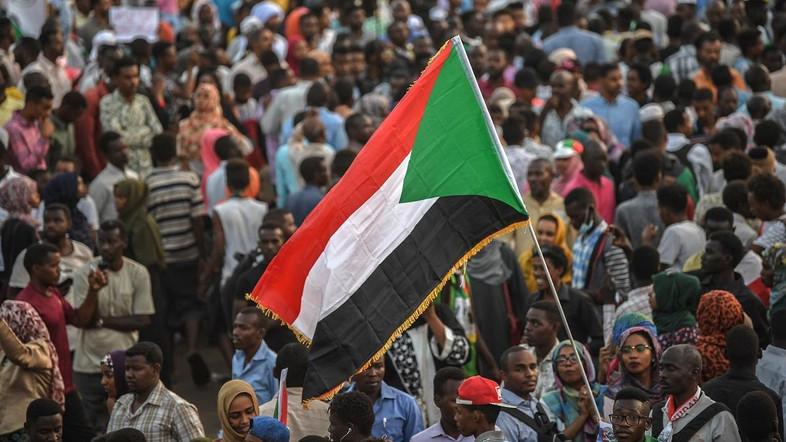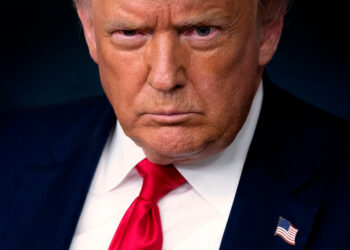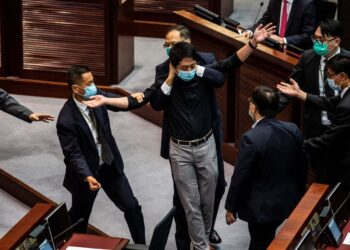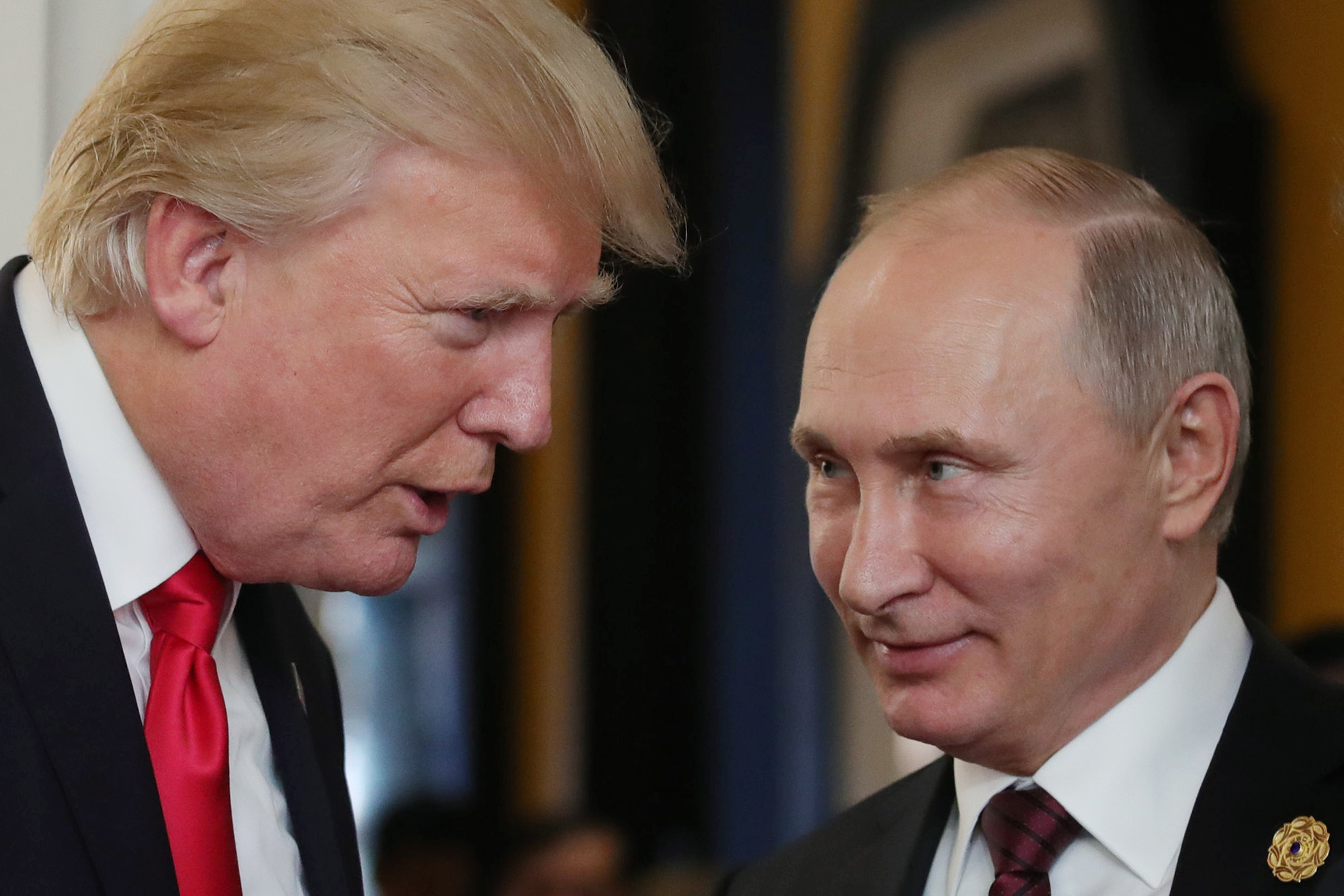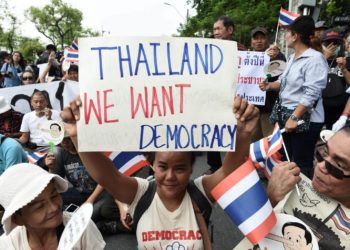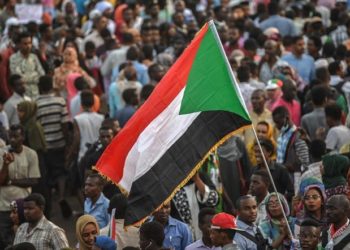A protest strike kept businesses shut and residents indoors in the Sudanese capital Tuesday as a top U.S. diplomat prepared a visit to press the ruling generals to halt a bloody crackdown.
Protest leaders stepped up the pressure on the generals by announcing they would soon release a list of members for a new ruling body – the key point of dispute between the two sides.
Most shops and businesses remained closed on the third day of a civil disobedience campaign launched by protest leaders after a crackdown on a weeks-long sit-in left dozens dead on June 3.
Public buses were operating in some parts of the capital, but Khartoum’s main business and commercial districts were shut down, an AFP correspondent reported.
Paramilitaries of the Rapid Support Forces – accused by witnesses, protesters and human rights groups of having played the lead role in the June 3 crackdown – patrolled several districts of the city in their trademark pickup trucks fitted with heavy machine guns.
Fewer people were on the streets than usual.
“In the last three days, we have lost a lot of money,” said Ibrahim Omar, an employee at a tour firm. Travel agencies have been hit hard by a nationwide internet blackout on Monday.
“We cannot do anything. We are not doing any international flight bookings. I hope it does not continue like this,” Omar said.
Generals Lost ‘Legitimacy’
But protesters say their shutdown is already successful.
“This shows clearly what we can do, and also in a peaceful way,” said Ishraga Mohamed.
“Such a campaign does not lead to killing people and at the same time puts pressure on the military council. We will continue with it until our goal is achieved,” she told AFP.
Protest leaders vowed to name a new ruling body to replace the generals.
Chronology of the main developments in Sudan's political crisis as US diplomat Tibor Nagy heads to the country to urge an end to a bloody crackdown on protestershttps://t.co/lU0XeI9DCM pic.twitter.com/x9sGmWWtvu
— AFP News Agency (@AFP) June 11, 2019
“The Alliance for Freedom and Change (AFC) will reveal its sovereign council and a prime minister in an announcement to be made at a suitable time,” the Sudanese Professionals Association, a key member of the umbrella protest movement, said late on Monday.
The crackdown by the military came after negotiations between protest leaders and the generals collapsed late last month over who should lead the new governing body – a civilian or a soldier.
The AFC said the disobedience campaign “clearly shows that the Sudanese people are rejecting the military council and its militias and they have lost their legitimacy.”
Since toppling longtime President Omar al-Bashir on April 11, the generals have resisted demonstrators’ demands, backed by Western and most African governments, to make way for a civilian-led transition.
US Call to Stop Attacks
The U.S. assistant secretary of state for African affairs, Tibor Nagy, plans to meet both the generals and protest leaders in Khartoum, the State Department said.
He is to leave on the trip on Wednesday and also visit Addis Ababa to discuss the Sudan crisis with Ethiopian leaders and the African Union.
“He will call for a cessation of attacks against civilians and urge parties to work toward creating an enabling environment” for talks to resume, the State Department said on Monday.
The United States has led calls for a civilian-led transition while its Arab allies Egypt, Saudi Arabia, and the United Arab Emirates have backed the generals.
The military-led government has blamed deteriorating conditions in Khartoum on the protesters’ disobedience campaign, which has seen makeshift barricades thrown up in a number of districts.
“We are appealing to those who blocked the roads to open them for all the sick people … since many people lost their lives because they cannot reach the hospital,” senior health ministry official Mohamed Altom told reporters during a tour organized by the ministry.
The generals said they will reinforce security forces on the ground.
“The military council has decided to reinforce the presence of armed forces, RSF, and other regular forces to help normal life return,” a general said late on Sunday.


